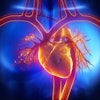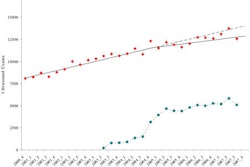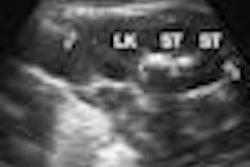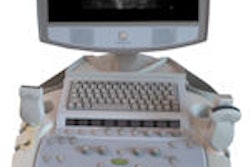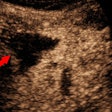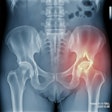Dear AuntMinnie Member,
In 2000, researchers from Nordic Cochrane Centre in Copenhagen set off a firestorm of controversy when they released a meta-analysis that questioned the efficacy of screening mammography for reducing breast cancer deaths. The latest research from the Danish institution -- concluding that screening mammography programs contribute to overtreatment of harmless cancers -- is likely to elicit a similar response.
In an article published online last week in BMJ, Karsten Jørgensen and Peter Gøtzsche laid out their findings after examining trends in breast cancer incidence seven years before and after government-sponsored screening programs were launched in Australia, Britain, Canada, Norway, and Sweden. Based on this review, the authors concluded that one-third of the women were overdiagnosed.
You can read associate editor Kate Madden Yee's coverage of the study, including initial reaction to the research, by clicking here or visiting the Women's Imaging Digital Community.
Avoiding sonographer injuries
Work-related musculoskeletal injuries have long been a cloud hanging over the sonographer profession. The experience of Tillsonburg District Memorial Hospital in Ontario, Canada, might be a useful guide, though, for institutions seeking to decrease the frequency of these debilitating and costly injuries.
You can learn more about the steps they took to reduce these by injuries by reading the white paper in our Ultrasound Digital Community or by clicking here.
While you're visiting the community, also check out our coverage of research that found the modality to be a valuable tool in muscular trauma patients.
Calcium scanning risk?
There's also hot news in our CT Digital Community, which is featuring controversial research on the cancer risk of repeated calcium scans. A study published today in the Archives of Internal Medicine found that patients who undergo repeated coronary artery calcium scans may face a slightly increased risk for cancer.
You can reach international editor Eric Barnes' article on the study by clicking here.
SPECT and Alzheimer's
Finally, our Molecular Imaging Digital Community is highlighting coverage from the Alzheimer's Association's 2009 International Conference on Alzheimer's Disease in Vienna, Austria. In our first article, a team of Japanese researchers reported that SPECT is showing promise for early detection of the disease.
The modality was able to identify reduced regional cerebral blood flow in the posterior cingulated gyrus and parietal regions long before signs of clinical cognitive impairment.
Read our coverage of the talk from contributing writer Charlene Laino by clicking here, and stay tuned for subsequent articles from the meeting.



